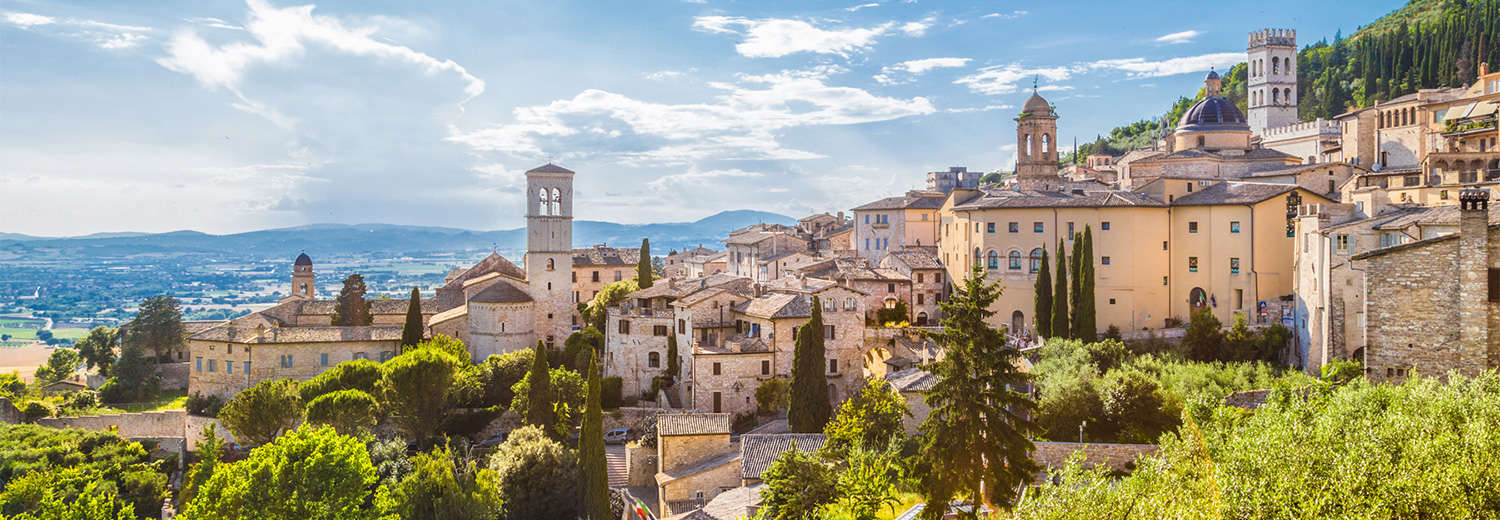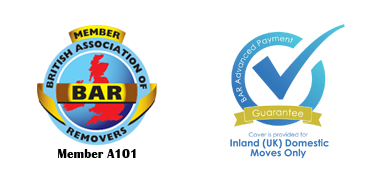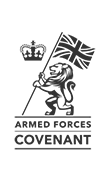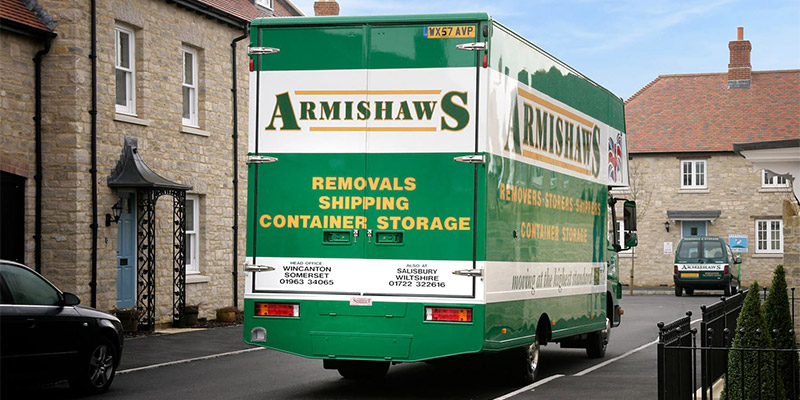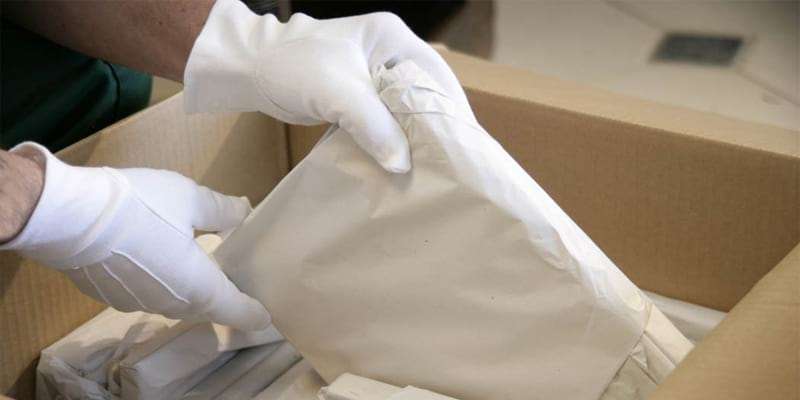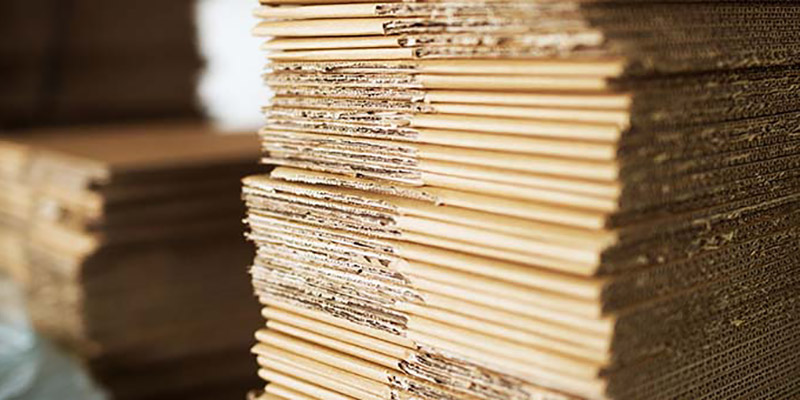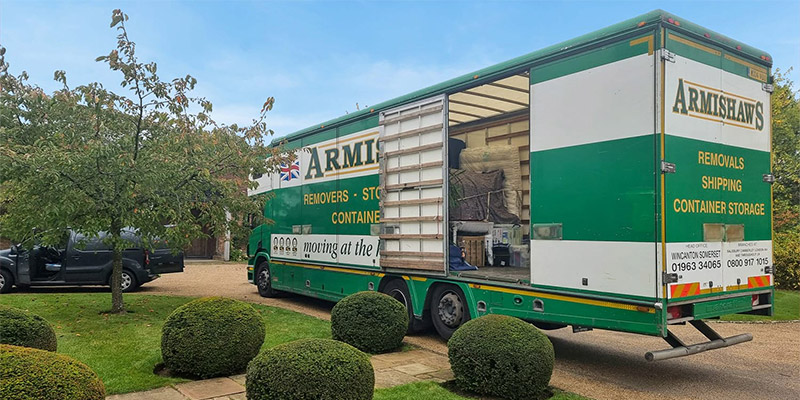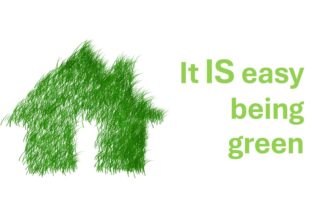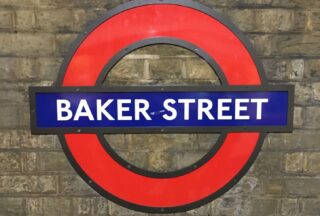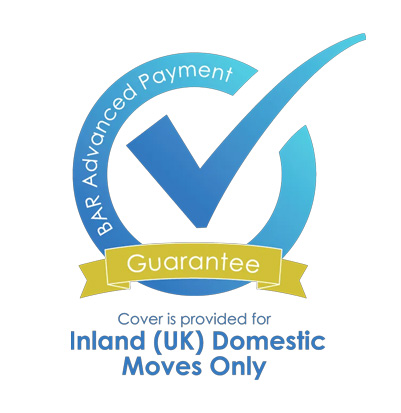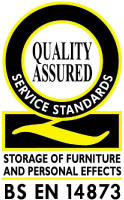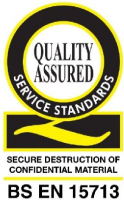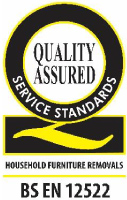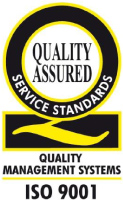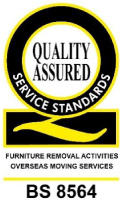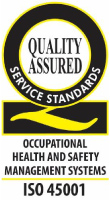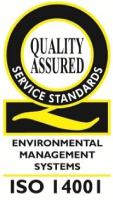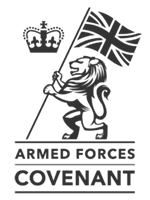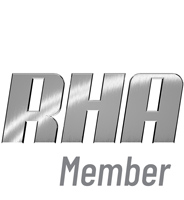Banking In Italy
Paying Bills & Banking In Italy
The biggest difference you’ll find is the habit of paying bills through the post office. Once common in the UK, the practise is still viewed by many as the traditional/correct way to pay bills. Banking in Italy is not quite changing as fast as some of their European neighbours but the country’s banking habits are definitely changing inline with the digital age.
Most common bills can be paid through the post office, Poste Italiane (if you don’t mind queuing). Bills can be paid by direct debit and in some cases it’s not possible to open an account with a new provider unless you arrange the direct debit.
List of common household utilities in Italy:
- Electricity
- Gas
- Water
- TV
- Phone/Wi-Fi
- Building Fees
- Waste Tax
Electricity
There are a large number of electricity suppliers in Italy. Many old buildings still have older wiring with a limited power supply (if you’re watching TV in one room, someone else is drying their hair in another room and then you switch the kettle on…! You can expect a blown fuse and trip to the basement). Electricity providers can update/increase your supply as well as take care of your bills and supply. Bills can be sent and settled on a monthly basis by direct debit or you can pay at the post office. Increasingly it is possible to opt for ‘green energy’ in Italy, made using sustainable technology such as solar and wind farms.
Gas
Gas tends to only be used for cooking in Italy. It is most commonplace to have a joint gas/electricity provider and like the UK you’ll receive a separate bill for both. Bills can be sent and settled on a monthly basis by direct debit or you can pay at the post office.
Water
Mains water is limited to a fixed, metred amount, properties exceeding the amount will face a higher charge. Outdoor water (such as swimming pools, stand pipes for gardening) are billed separately but from the same water supplier. Bills are normally sent twice a year and based on metre readings. You can pay by online transfer, direct debit or through the post office.
TV
RAI (Radio Audizioni Italiane) is the Italian equivalent of the BBC. While RAI stations do have adverts, they’re also supported by Canone RAI, which is widely viewed as ‘TV tax’ in Italy. Canone RAI works the same as TV license in the UK, you only need to pay once for the household (not per TV). Canone RAI can be paid at the post office or by direct debit.
Ready to start planning your move? Get a free quote.
Phone/WiFi
There are a number of suppliers offering different tariffs and packages for landlines and WiFi. Not all services cover every town or region and it is worth shopping around to get the best deal. Also make sure you do your research on broadband speed and reliability in your area.
Building fees
Apartment buildings and gated communities have some common, shared expenses covering things like maintenance, grounds, cleaning of communal areas, waste tax, etc. The ‘spese condominiali’ is similar to UK management fees. It can be paid by direct debit or transfer. Building Fees can fluctuate depending on any extra maintenance, building work required.
Waste Tax
Known as TARI, the tax pays for the collection, transport and processing of waste. The cost of TARI is based on the size of your property (by metres²) including storage space and box (garage), plus the number of occupants. For apartments, TARI may be included in the rent or building fees.
Italians take their recycling seriously. Failure to recycle household waste correctly can result in a fine.
Rental Properties
Most rental properties in Italy are ‘all inclusive’ with a single payment covering all the bills mentioned above. Make sure you check exactly what is or isn’t included in the bill before signing a contract.
Banking In Italy
Payment Methods
Direct Debits
Most usually this will be set up at the time of signing up to a particular utility or service as part of the contract. You will need proof of your address, photo ID and bank details.
Cheques
The use of cheques is in decline but they’re still accepted at the post office and in banks as long as you have ID.
Post Office
Most utility and household bills can be paid at the post office, you’ll need a copy of the bill detailing the amount owed and payment details of the recipient. You can pay using cash or card.
Online Banking
Like many European countries, online banking is on the rise. However Traditionally, Italy’s older generation tend to be more resistant to change so paying via the post is still very common. The larger Italian banks do have English translation websites and services.
Opening a Bank Account
To open a bank account in Italy you’ll need;
- Photo ID
- Proof of address
- Yor Italian tax code (codice fiscale)
It is possible to open an Italian bank account as a non-resident but in most cases the account will offer restricted services and fees are likely to be higher.

